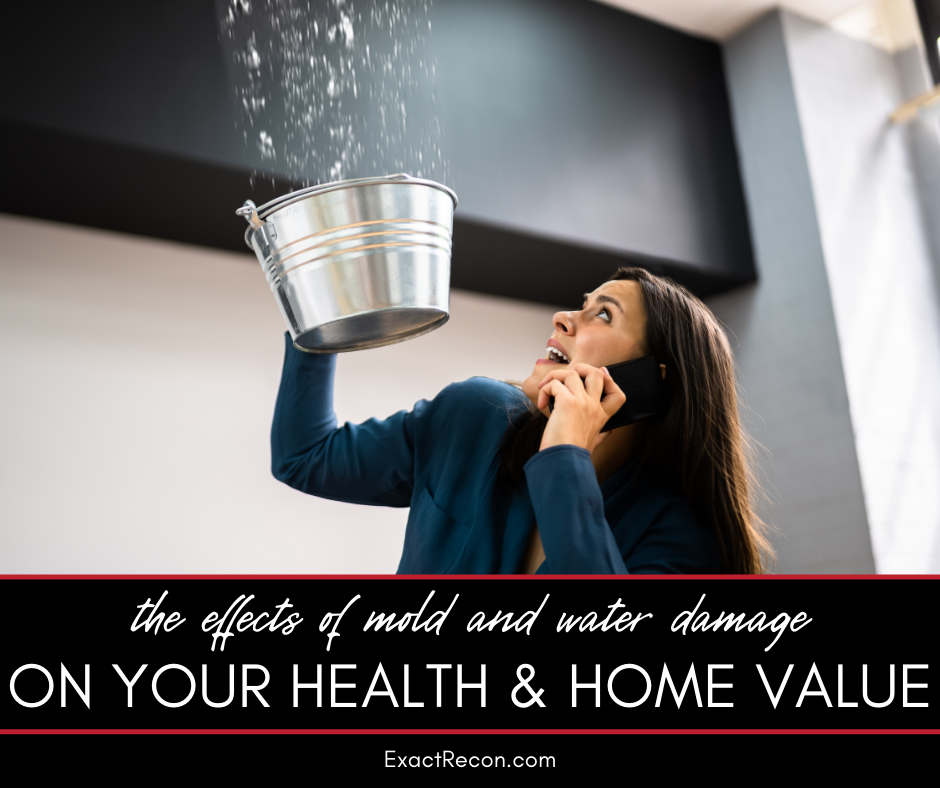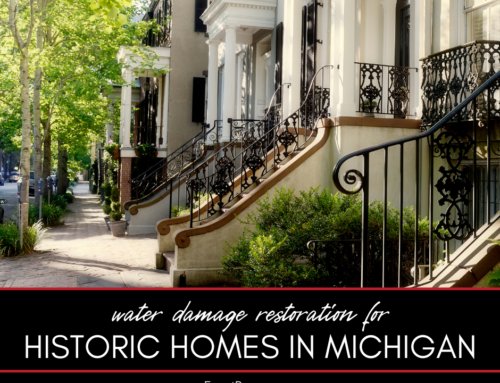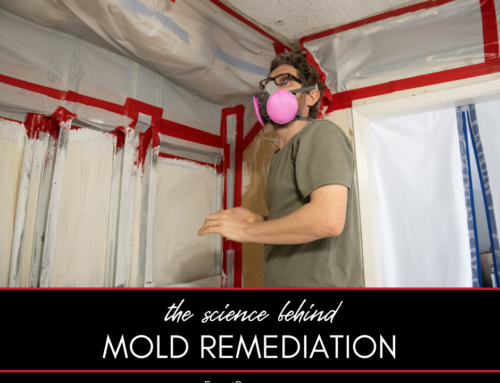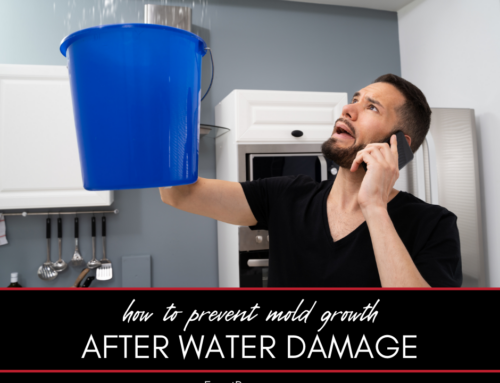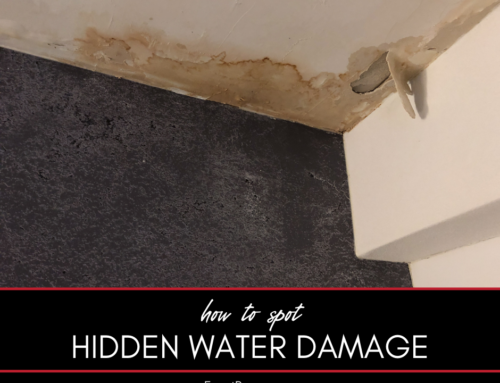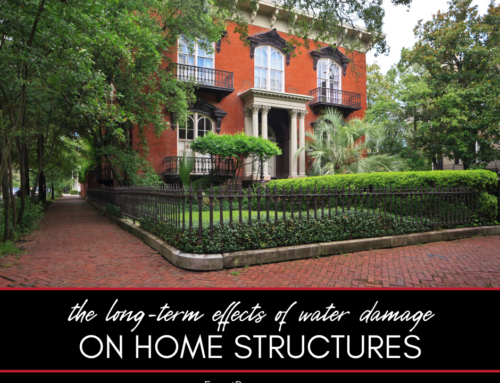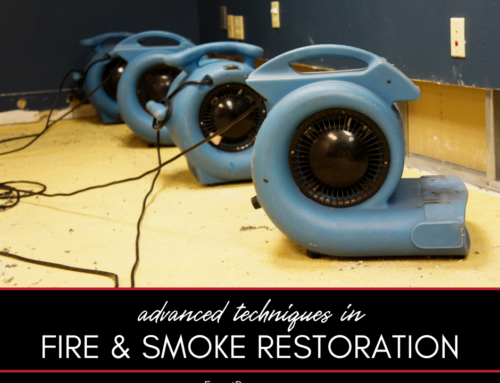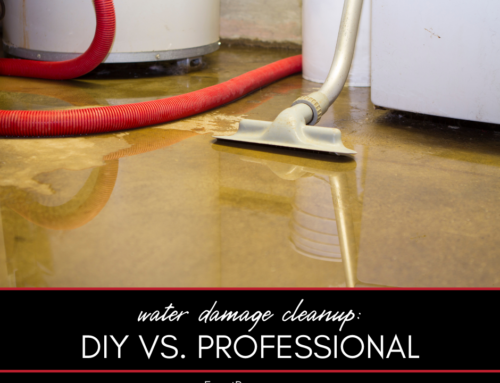There’s a chill in the air. You step into your basement and that familiar musty smell hits you. That’s mold, and it’s not just an unpleasant odor. Along with water damage, it can wreak havoc on your health and the value of your home. If you’re living in Jackson or Ann Arbor, Michigan, understanding these effects is especially crucial due to our unique climate.
The Effects of Mold and Water Damage on Your Health and Home Value
You might wonder why mold and water damage are such big deals. Well, beyond the obvious physical damage to your property, there are hidden implications you might not be aware of. This guide covers:
- Health risks associated with mold
- Structural integrity concerns
- Impact on home resale value
- Prevention and mitigation
Here’s a closer look at each.
Health Risks Associated with Mold
The Unseen Threat:
- Respiratory Problems: Continuous inhalation of mold spores can lead to coughing, wheezing, shortness of breath, and exacerbation of asthma symptoms. Those exposed over longer periods can develop chronic respiratory ailments.
- Allergic Reactions: Symptoms like sneezing, skin rashes, itchy eyes, and a runny nose might be a sign of mold allergies. Some people may even experience severe allergic reactions.
- Mycotoxin Exposure: Certain molds produce toxic substances called mycotoxins. Prolonged exposure to these toxins can lead to neurological problems and, in extreme cases, can even be fatal.
- Immune System Vulnerability: Individuals with weakened immune systems, such as those undergoing chemotherapy, organ transplant patients, or people with HIV/AIDS, are at an increased risk of mold infections in their lungs.
- Long-term Effects: While immediate reactions might be evident, mold exposure can also lead to long-term health issues, especially in children, potentially affecting their development.
Structural Integrity Concerns
More Than Meets the Eye:
- Decomposition: Wood, a common material in many homes, acts as food for mold. Over time, this can lead to wood rot, compromising the foundation and framework of your home.
- Wall and Ceiling Damage: Beyond just staining, water damage can cause plaster to crumble, paint to peel, and ceilings to bulge or collapse.
- Floor Warping: If moisture seeps into flooring, it can cause wooden floors to warp, tiles to pop up, or carpet to become a breeding ground for mold.
- Increased Repair Costs: What starts as a small issue can balloon into extensive, and expensive, repairs if not promptly addressed.
Impact on Home Resale Value
Your Investment at Risk:
- Diminished Appeal: Visual signs of mold or water damage can turn off potential buyers. Even the scent of mold can be a deterrent.
- Home Inspections: A thorough home inspection can unearth water or mold issues. This can lead to renegotiation, reduced sale price, or even deal breakouts.
- Disclosure Requirements: In many places, sellers are required by law to disclose known mold or water damage issues. This can influence a buyer’s decision or the proposed price.
- Long-term Financial Implications: Untreated issues mean potential future problems. Buyers might factor in anticipated repair costs, lowering their offer.
Prevention and Mitigation
Proactive is Productive:
- Regular Home Checks: Periodically inspecting high-risk areas, like basements, bathrooms, and under sinks, can catch problems early.
- Weatherproofing: Ensure that your home is prepared for adverse weather conditions. This includes sealing windows and doors, ensuring roofing is intact, and insulating pipes for colder months.
- Ventilation: Proper ventilation, especially in areas like bathrooms and kitchens, can significantly reduce humidity levels, a primary catalyst for mold growth.
- Professional Help: Should you notice any signs of mold or water damage, don’t hesitate to call professionals. They can not only address the existing problem but also provide insights into prevention.
- Local Expertise: Leveraging local experts, like those in Jackson and Ann Arbor, means tapping into a wealth of knowledge specific to your region’s unique challenges and conditions.
FAQ About Mold and Water Damage Effects
Here are some frequently asked questions about the effects of mold and water damage. If you don’t see the answers you’re looking for here, please call our office. We’re here to help.
How Do I Know if I Have Mold in My Home?
Typically, you’ll notice a musty smell, and you might see discoloration on walls or ceilings.
Can I Clean Mold Myself?
It’s best to consult with a professional. Some molds can be toxic, and DIY cleaning might spread spores further.
What Causes Water Damage Besides Natural Disasters?
Common causes include broken pipes, leaks, and poor drainage around the home.
How Often Should I Check My Home for Damage?
It’s a good practice to check seasonally, especially after heavy rains or snow melts.
Is Water Damage Always Visible?
Not always. Sometimes it’s hidden behind walls or under floors. That’s why regular checks are vital.
Taking care of your home goes beyond aesthetics. It’s about safeguarding your health, ensuring structural safety, and preserving its value. So, next time you notice a damp corner or that musty smell, don’t ignore it. Address it head-on, and your home will thank you for years to come.
Do You Need a Disaster Remediation Expert in Washtenaw County or Jackson County?
If your home has already been damaged, we can help. Check out our services and call Exact Recon for your free disaster remediation quote today. We offer:


